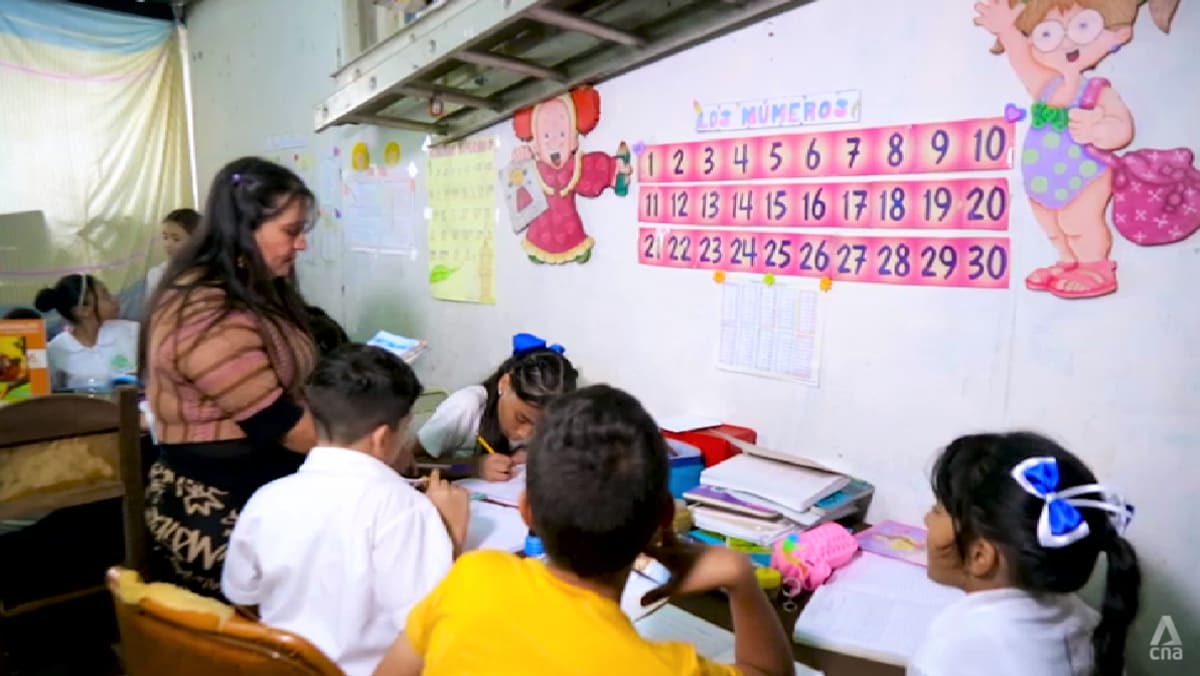Tutoring centres in Venezuela plug students’ learning gaps, pay educators better wages
PRIVATE TUTORING A LUXURY FOR MANY
These alternative education centres help reduce the educational gap in the country.
However, they also reinforce the divide between those who can access quality education and those who cannot.
Paying for private tutoring is a luxury for many Venezuelans, in a country where the monthly minimum wage is about US$22.
Parent Ana Fernandez, who has a child taking such extracurricular classes, said while these put a financial burden on her family, they also help to fill any learning gaps resulting from the COVID-19 crisis.
“Because of the pandemic, they got lazy at home and they had just a few days of school. With these extra classes, they are focusing on math and reading,” she added.
The World Bank said two years of pandemic-related school closures in Latin America may have set learning back by more than a decade.
Four in five children in the region will also not be able to understand a simple text and could see a 12 per cent drop in future earnings, it added.
PARENTS, RETIRED TEACHERS TAKE UP VACANT TEACHING SPOTS
In Venezuela, schools have already been affected by a long-term economic crisis even before the pandemic struck.
As a result, many have infrastructure problems and lack basic services such as water. Thousands of teachers have also decided to leave.
At some traditional Venezuelan schools, parents and retired teachers are taking up vacant teaching spots to compensate for the brain drain.
Ms Miriam Lopez, who has been working as an educator for 40 years, said: “Many educators have left the country because they don’t earn enough to even pay for necessities. Many are working jobs outside of their teaching expertise.”
For all the latest world News Click Here

